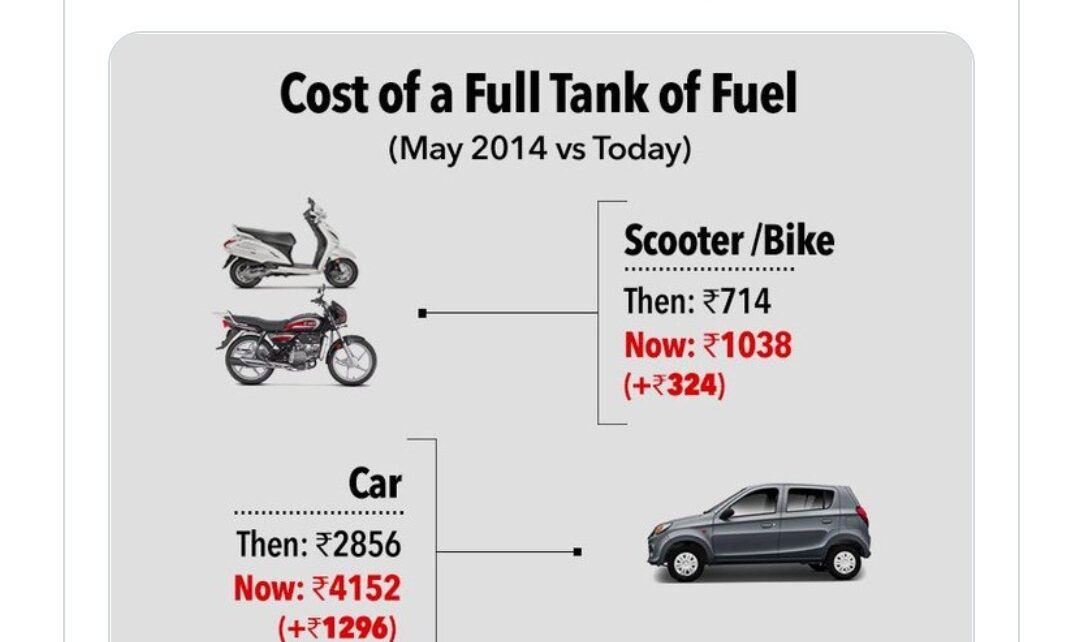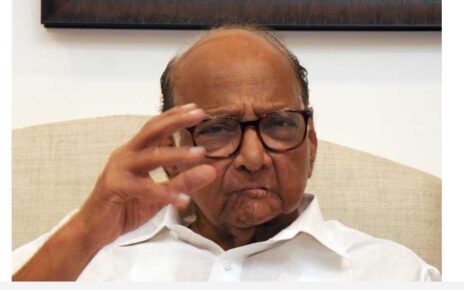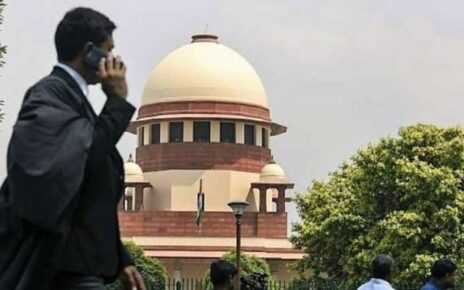Congress leader Rahul Gandhi on Monday renewed his attack on the BJP-led central government over the surge in fuel prices. Taking to Twitter, the Congress leader presented a graphic depicting the data on the cost of petrol and diesel to vehicle owners and the current expenditure. Gandhi tried to make a ‘then and now’ comparison by showing how the UPA government dealt with the issue better than the BJP government.
On May 26, 2014, the price of crude oil in the global commodity market was $108.05, while price of crude oil on April 4, 2022, is $ 99.42, according to the data he shared. ‘In May 2014, it cost ₹714 to fully fill the fuel tank of scooters and two-wheelers. Considering the fuel price as of April 4, 2022, the vehicle owner will have to spend Rs. 1038 to fill the tank. He will have to spend an extra ₹324. Apart from that, the cost of refuelling a full tank for a car was ₹2,856 in 2014 but now it has gone up to ₹4,152. Vehicle owners have to bear the brunt of ₹1,296 due to fuel inflation,’ he shared via the graphic.
In May 2014, it cost ₹2,749 to fill the fuel tank of a tractor. Today, on April 4, 2022, the cost for a tractor is Rs. 4,563. It costs ₹1,814 extra for fuel, according to the Congress leader. With the image, Gandhi wrote: ‘Pradhan Mantri Jan Dhan LOOT Yojana’, saying the hike in fuel prices was linked to the ‘robbery scheme of the government’.
Earlier in the day, proceedings of the Rajya Sabha were briefly disrupted following amid the opposition’s objections to the unabating prices of petroleum products and essential commodities across the country.Fuel prices were hiked on Monday by 40 paise a litre, taking the overall increase in the last two weeks to ₹8.40. This was the 12th increase in petrol and diesel prices by the state-owned fuel retailers in two weeks. Petrol in Delhi is being sold at ₹103.81 per litre as against ₹103.41 previously, and diesel rates have gone up from ₹94.67 per litre to ₹95.07. Rates vary from state to state depending on the local taxation.



